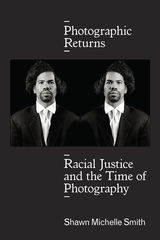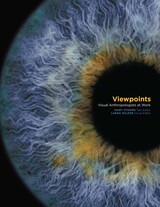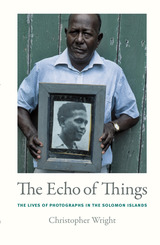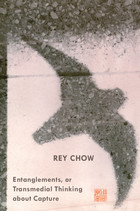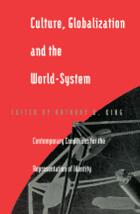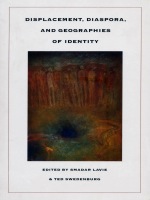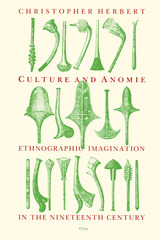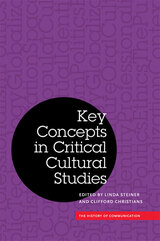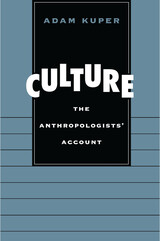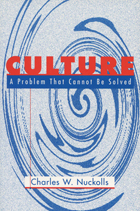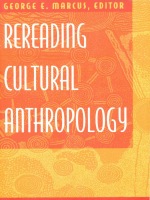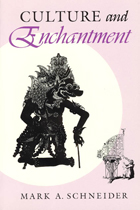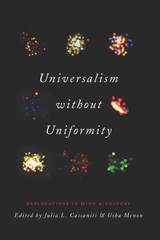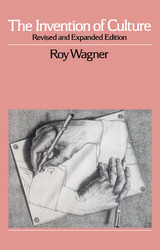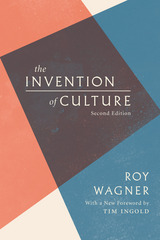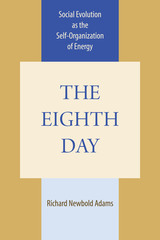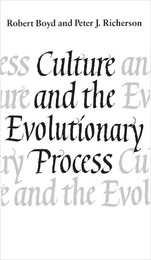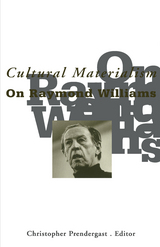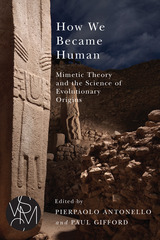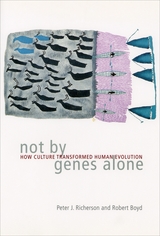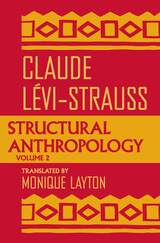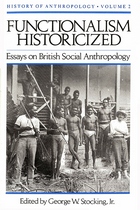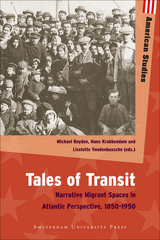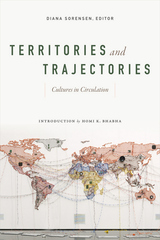Culture and Human Nature: Theoretical Papers of Melford E. Spiro
University of Chicago Press, 1987
Paper: 978-0-226-76994-3 | Cloth: 978-0-226-76993-6
Library of Congress Classification GN357.S68 1987
Dewey Decimal Classification 306
Paper: 978-0-226-76994-3 | Cloth: 978-0-226-76993-6
Library of Congress Classification GN357.S68 1987
Dewey Decimal Classification 306
ABOUT THIS BOOK | TOC
ABOUT THIS BOOK
One of the most prominent figures in psychoanalytic and psychological anthropology, Melford E. Spiro has produced an oeuvre of broad theoretical and ethnographic scope. One of the few anthropologists who are also trained in psychoanalysis, he has made the study of culture and personality a distinctive theoretical approach to anthropological work and has been a consistent and forceful critic of such popular intellectual movements as structuralism, hermeneutics, cultural determinism, and symbolic anthropology.
This volume of Spiro's major theoretical writings concentrates on theories of culture and human nature, functional analysis, and religion. Spiro argues that important dimensions of the human family are the same everywhere and that a theory of human nature is both possible and necessary. He discusses religious beliefs, analyzing not only their structures but also the ways such beliefs are held and the meanings attributed to them. This analysis, Spiro shows, can be done most successfully by means of a theory of the human family, of infant and child development and socialization, of panhuman unconscious processes, and of universal psychodynamic constellations such as the Oedipus complex.
This volume of Spiro's major theoretical writings concentrates on theories of culture and human nature, functional analysis, and religion. Spiro argues that important dimensions of the human family are the same everywhere and that a theory of human nature is both possible and necessary. He discusses religious beliefs, analyzing not only their structures but also the ways such beliefs are held and the meanings attributed to them. This analysis, Spiro shows, can be done most successfully by means of a theory of the human family, of infant and child development and socialization, of panhuman unconscious processes, and of universal psychodynamic constellations such as the Oedipus complex.
See other books on: Cultural & Social | Culture | Ethnopsychology | Human Nature | Spiro, Melford E.
See other titles from University of Chicago Press

